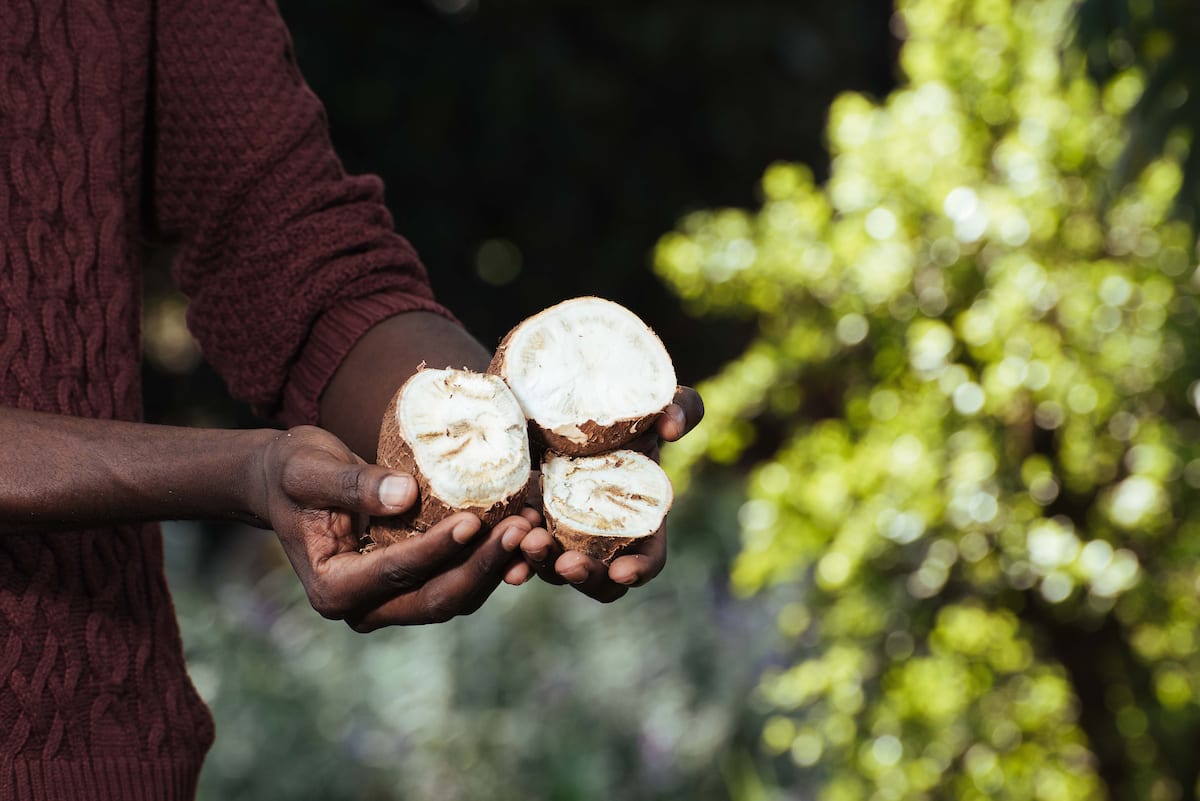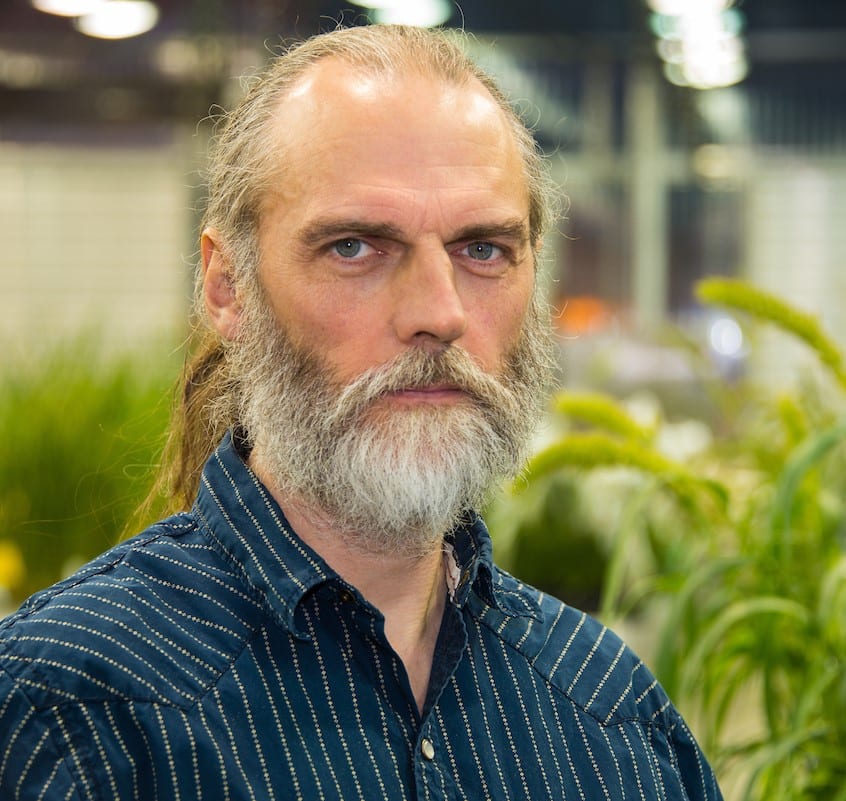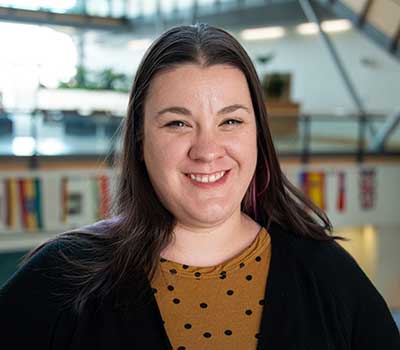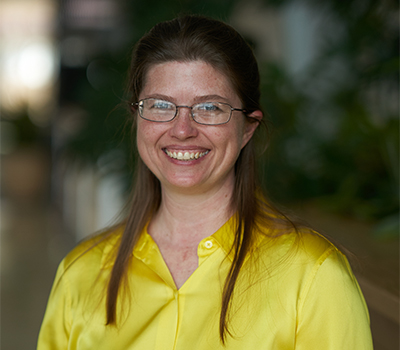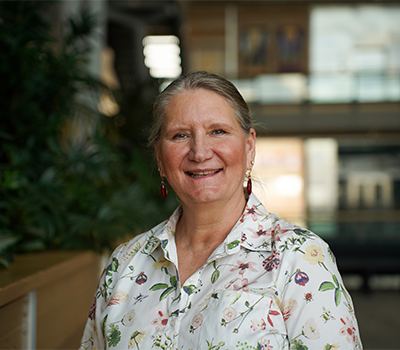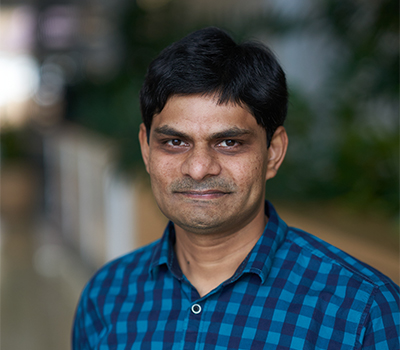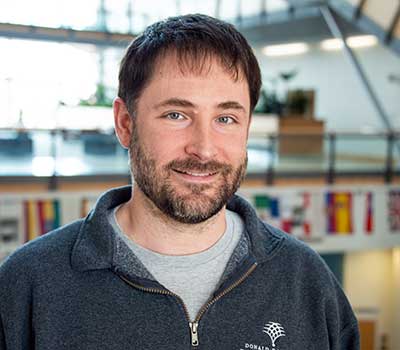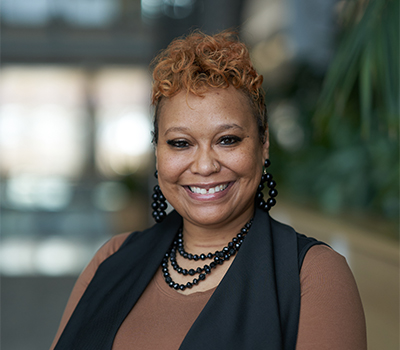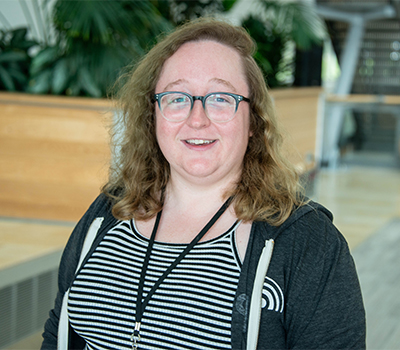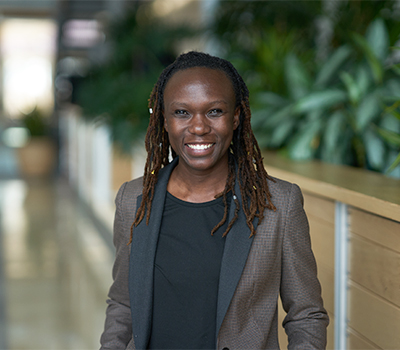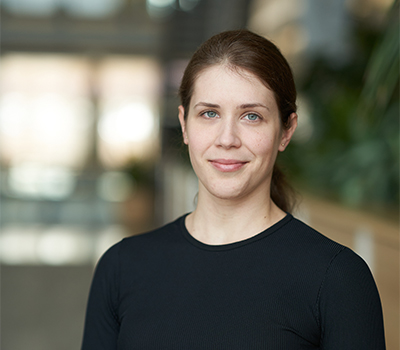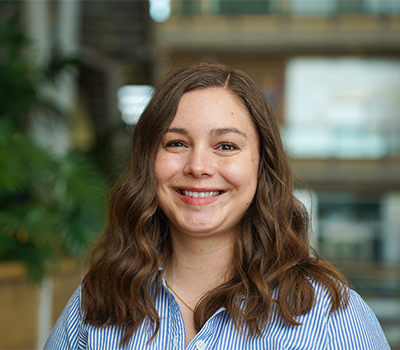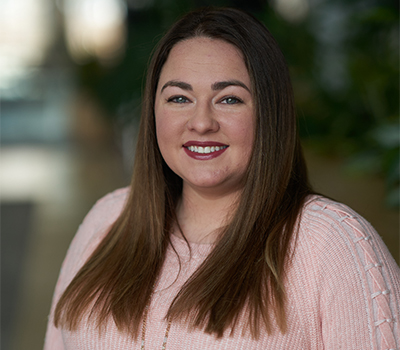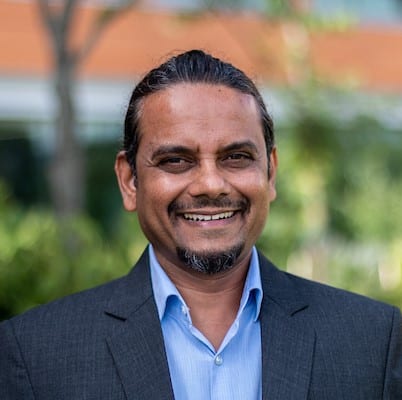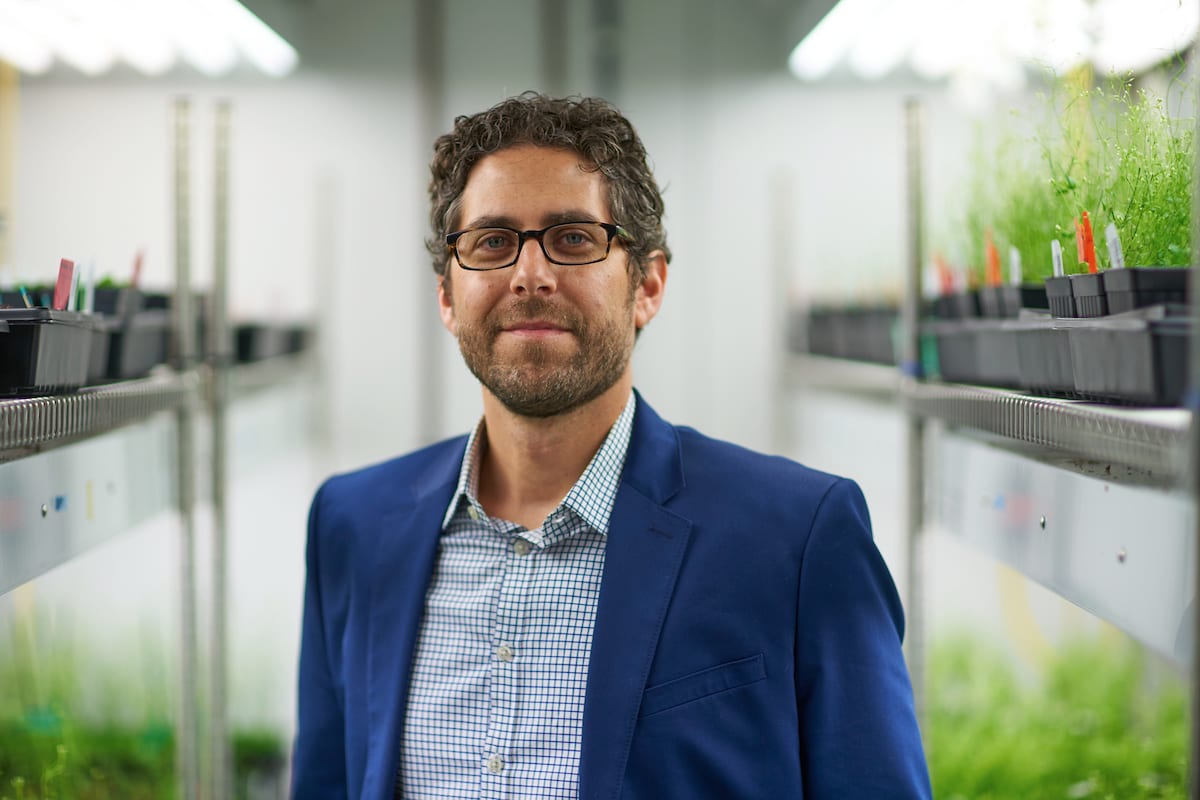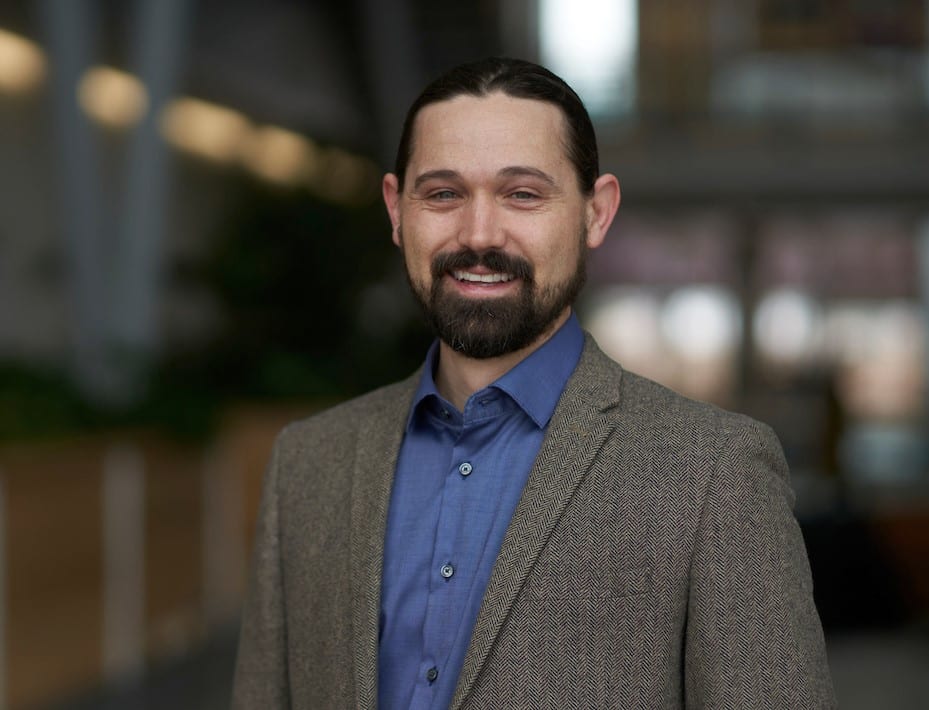To Say I was Going to Study Science was a Bit Weird
Where Nigel Taylor grew up in suburban Glasgow, Scotland, most kids wanted to be a doctor, a lawyer, or an accountant, but from a young age he had always been interested in plants.
“My earliest memory is talking with my grandma about her houseplants. We have a big begonia of hers that we kept propagating from the mid-1970s.”
For his 16th birthday, he asked for, and received, a greenhouse, where he went on to grow cabbages, cauliflower, turnips, peas, and zucchini. When it came time to go to university, there wasn’t really a question about what he would study. Today, Nigel is the Dorothy J. King Distinguished Investigator at the Danforth Center.
A Breakthrough
When he was finishing up his PhD in Plant Biotechnology at the University of Bath, he became aware of a multi-institutional project on cassava. “Cassava is an incredibly important crop for people in the developing world, but like many people in the industrialized North, I wasn’t that familiar with it.”
Cassava was considered recalcitrant—it was difficult to work with and improve. Even though it was a major staple crop, it was only barely domesticated. And because it was so difficult, it was largely ignored, a so-called orphan crop. “Only a handful of labs were working on it, and then I made a breakthrough with cassava tissue culture transformation. Suddenly, we could work on it more easily, and I received a Rockefeller grant to go to Scripps [Research Institute] where I met Roger Beachy.”
When Beachy came to St. Louis to be the first president of the Danforth Center, Nigel came with him.
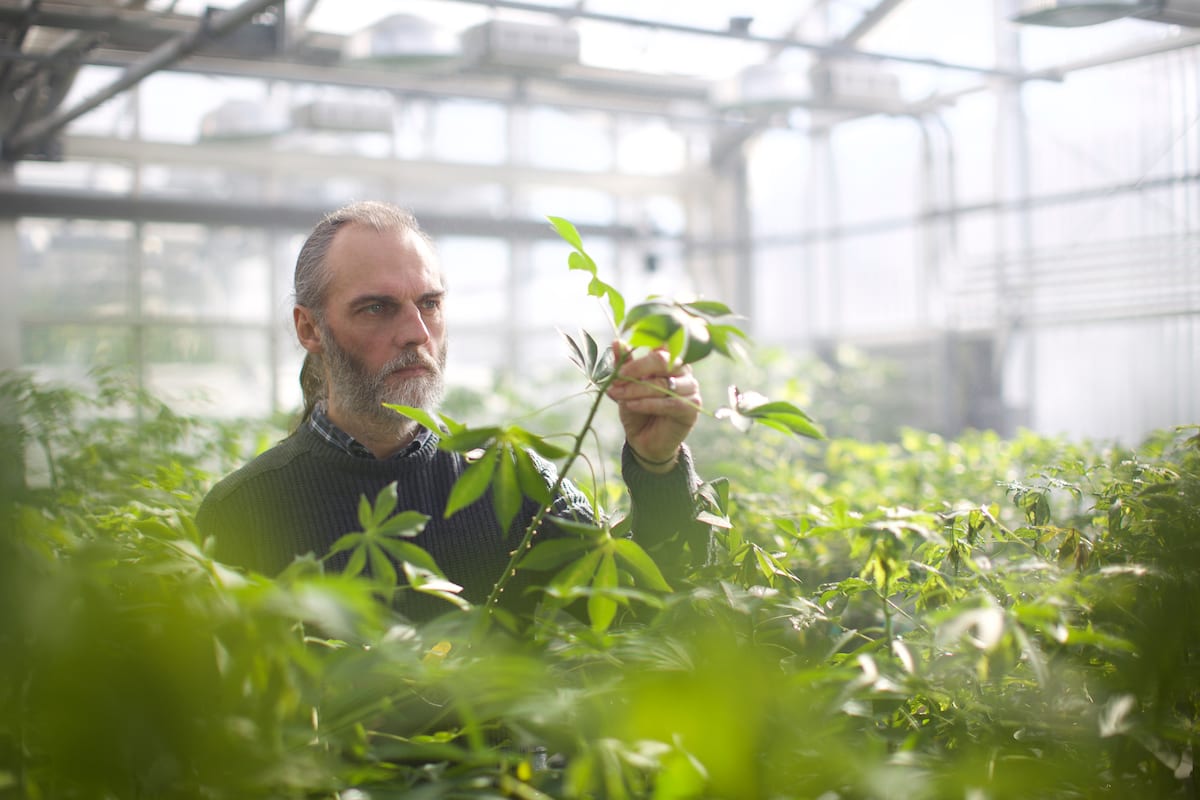
More Breakthroughs
Nigel credits gene editing, using tools such as CRISPR-Cas9, as the biggest technological break-through of his career. “Gene editing is fundamentally changing how plant scientists do things. We can take these cutting-edge technologies and apply them to the staple foods that smallholder farmers depend on. Orphan crops are now seeing much less of a lag in technology than ever before.”
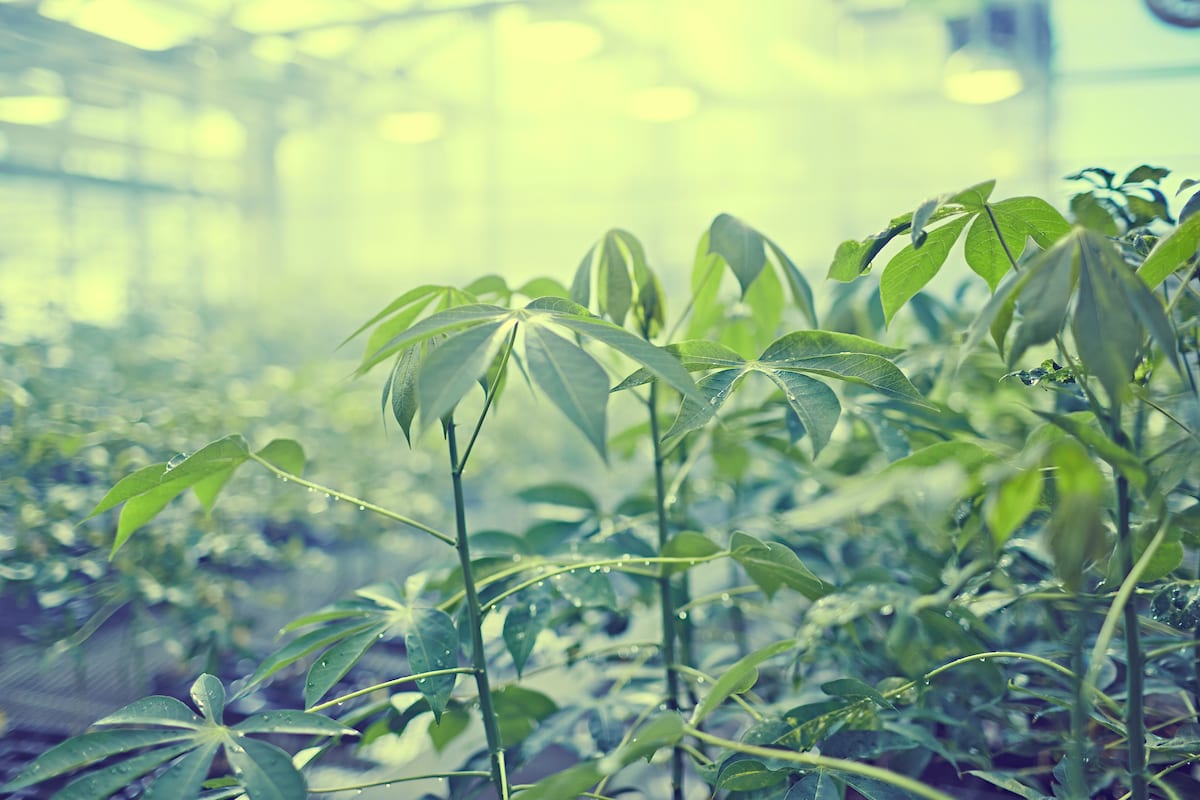
Why It Matters
The Taylor lab leads the Virus Resistant Cassava for Africa (VIRCA) project and is focused on developing virus-resistant cassava in collaboration with researchers in Uganda and Kenya. They are developing more resilient and nutritious crops for resource-poor farmers, empowering them to have more choice in their lives. “Soon, close to 90% of the world’s population will live in developing or recently developing countries. It’s really important that everybody gets to benefit from the power of modern biotechnology. It’s the only way we’re going to be able to feed the world sustainably.”
